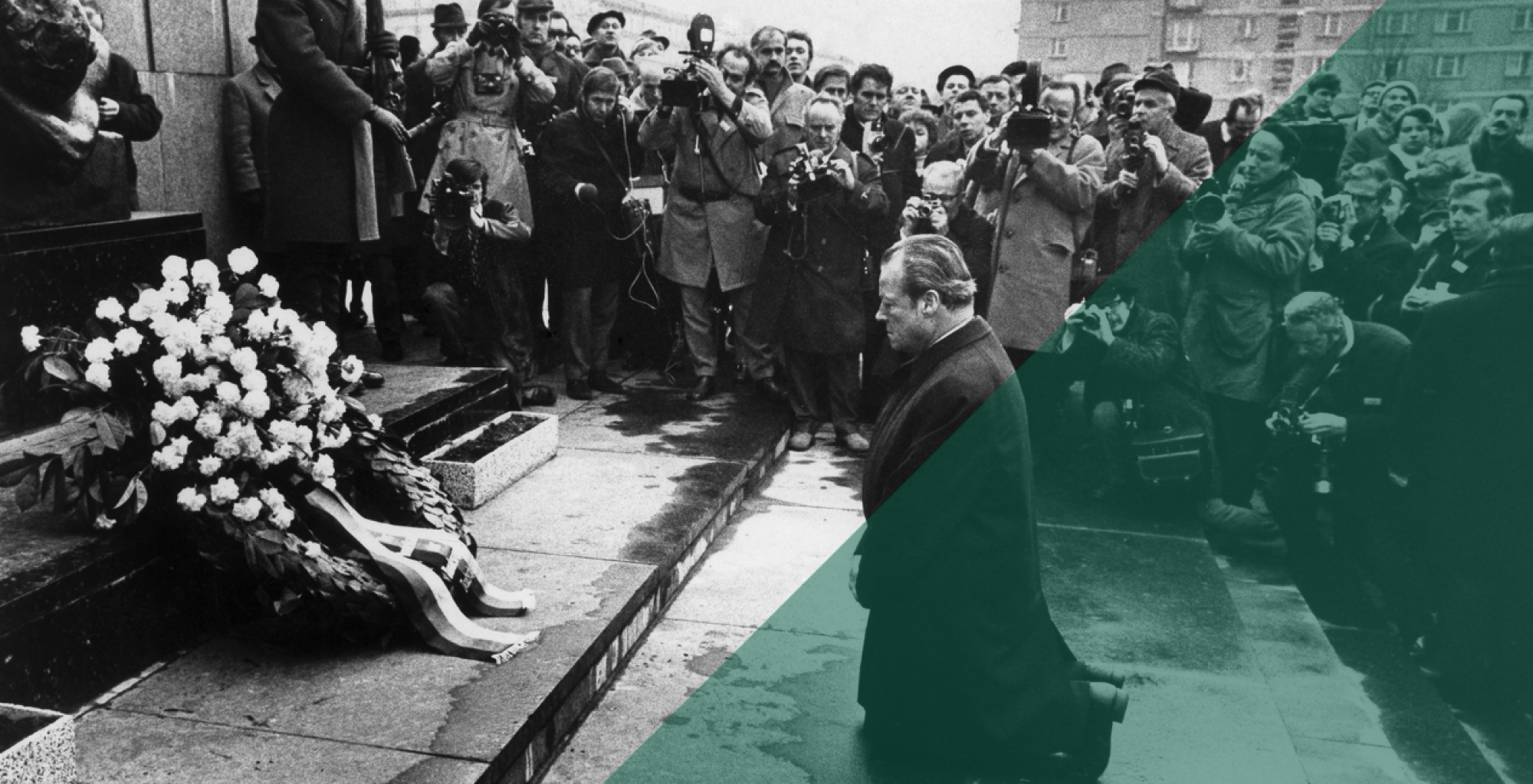The Value and Meaning of Political Apologies across Cultures
A central idea behind political apologies is that collectivities such as states can and should take responsibility or express remorse for past wrongdoings, and that this will help restore justice or promote harmony. But are such notions regarding collective moral responsibility and collective guilt and shame shared across cultures? And is there a similar understanding about the value, function, and meaning of political apologies across cultures? In this part of the project, we aim to analyze whether key assumptions regarding political apologies hold across cultures, or whether this varies as a function of cross-cultural differences in key values and norms. For this, we rely upon an interdisciplinary and mixed-methods approach using in-depth interviews, vignette studies, and surveys. Data have been collected using community samples (incl. people aged 18 and above from both urban and rural regions with mixed educational backgrounds) across 33 countries. See the links below, for more information about the various studies that we conducted and about the publications.
Countries: Burkina Faso, Costa Rica, Indonesia, Japan, Jordan, the Netherlands, Poland and the United States
Our objective in this study (N=345) was to obtain a preliminary understanding of the prototypical experiences of shame and guilt across cultures. Drawing on the study done by Fischer et al. (1999) we asked about the a) antecedents, b) cognitive and affective contents c) actions, and d) normative beliefs related to shame and guilt. In addition, this study was used to pilot an adapted individualism-collectivism scale and an adapted dignity-face-honor scale.
Related outputs:
Groot, M. de, & Schaafsma, J. (2018, June 5) A clash of words: Reflecting on the honor, dignity and face trichotomy [Paper presentation]. International Association for Cross-Cultural Psychology International Congress, Guelph, Canada.
Countries: Burkina Faso, Costa Rica, Indonesia, Japan, Jordan, the Netherlands, Poland and the United States
In this study (N=1,358), we examined people’s reported experiences of shame, guilt, and regret following transgressions by themselves and by different identity groups (i.e., family, community, country). We assessed whether any variation in this regard can be explained by the relative endorsement of individualistic or collectivistic values at the individual level and at the country level.
Related outputs:
Groot, M. de, Schaafsma, J., Castelain, T., Malinowska, K., Mann, L., Ohtsubo, Y., Wulandari, M.T.A., Bataineh, R.F., Fry, D.P., Goudbeek, M., & Suryani, A. (2021). Group-Based Shame, Guilt, and Regret across Cultures. European Journal of Social Psychology, 51, 1198-1212. DOI: https://doi.org/10.1002/ejsp.2808. pdf
Groot, M. de (2019, October 14) “When the country does something, we all feel guilty” Exploring group-based shame and guilt across cultures [Paper presentation]. Emotions 2019 7th International Conference on Emotions, Well-being and Health, Tilburg, the Netherlands.
Countries: Burkina Faso, Costa Rica, Indonesia, Japan, Jordan, the Netherlands, Poland and the United States
In this study (N=284), our objective was to gain a deeper insight into people’s perceptions of antecedents of group-based shame and guilt following transgressions by their family, community or country. In addition we asked people about their ideas more generally on collective responsibility and possible reconciliatory strategies (‘making things right’) following country-level transgressions.
Related outputs:
Groot, M. de, Schaafsma, J., Veerkamp, J., Castelain, T., Malinowska, K., Kumagai, T., Wulandari, M. T. A., Bataineh, R. F., Fry, D. P., Goudbeek, M., & Suryani, A. (2023). ‘Righting the wrong’: A multi-country study on people’s perceptions of ‘making things right’ in the wake of human rights violations. Journal of Peace Psychology, 29(4), 394-408. pdf
Groot, M. de, Schaafsma, J., Castelain, T., Malinowska, K., Kumagai, T., Wulandari, M. T. A., Bataineh, R. F., Fry, D. P., Goudbeek, M., & Suryani, A. (Manuscript in preparation). Antecedents of country-based shame and guilt across cultures.
Groot, M. de & Veerkamp, J. (2019, December 11). Exploring people’s perceptions of reconciliation across cultures [Paper presentation]. Historical Dialogues, Justice and Memory Network Conference, New York, United States.
Groot, M. de (2020, July 14). How should countries address past injustices? Exploring people’s perceptions about ‘making things right’ across cultures [Paper presentation]. International Society of Political Psychology Annual Meeting, virtual.
Groot, M. de (2020, November 28). Omgaan met een belast verleden: Hoe moeten wij dat doen? [Video]. Wetenschap in de Maak program, Tilburg, The Netherlands.
Countries: Burkina Faso, Costa Rica, Indonesia, Japan, Jordan, the Netherlands, Poland and the United States
Our objective in this study (N≈480) is to understand what people think should happen following a conflict situation between two countries, in which human rights violations have occurred. Are political apologies a viable way to redress past wrong doings? How should this be done, and why should this be done (or not)? Participants were presented with a fictitious situation in which their country had either harmed the citizens of another country or in which their country had been harmed by another country, and they were asked to reflect on what should be done ‘to make things right’. We examine whether people’s ideas in this regard vary as a function of the perspective they take (victim or perpetrator), and whether this can also be linked to key (cultural) values and norms.
Related outputs:
Groot, M. de, Schaafsma, J., Sagherian-Dickey, T., Castelain, T., Malinowska, K., Ohtsubo, Y., Wulandari, M.T.A., Bataineh, R.F., Fry, D.P., & Goudbeek, M. (Manuscript in preparation). How to right the wrongs. Cross-cultural similarities and differences in people’s preferences for dealing with past human rights violations.
Sagherian-Dickey, T (2022, July 17). What qualifies as an apology? Lay appraisals of the criteria for political apologies across eight national contexts [Paper presentation]. International Society of Political Psychology Annual Meeting, Athens, Greece.
Groot, M. de. (2022, July 15). The salience and importance of political apologies across countries [Paper presentation]. International Society of Political Psychology Annual Meeting, Athens, Greece.
Countries: Argentina, Australia, Burkina Faso, Canada, Chile, China, Colombia, Costa Rica, El Salvador, France, Germany, India, Indonesia, Ivory Coast, Japan, Jordan, Kazakhstan, Kenya, Morocco, the Netherlands, New Zealand, Nigeria, Pakistan, the Philippines, Poland, Russia, Saudi Arabia, Serbia, South Korea, Spain, Uganda, UK, USA.
In this study (N≈10,000), we examine how people across the world think about political apologies for past wrongdoings by their country, and how this is related to notions about collective responsibility and reputational concerns, and to feelings of collective guilt and shame. We are particularly interested in whether or not any variation in this regard can be explained by the cultural context (controlling for potential confounds at the individual and country level, such as the political system or rule of law).
In addition, we explore similarities and differences within people’s ideas on collective responsibility and the ‘need to come to terms with the past’ in general, as well as in a situation in which their country has inflicted harm.
Related outputs:
Schaafsma, J., Groot, M. de., Sagherian-Dickey, T. (2024). Global perceptions of state apologies for human rights violations. British Journal of Social Psychology. https://doi.org/10.1111/bjso.12792. pdf SI
Groot, M. de, Schaafsma, J. & Sagherian-Dickey, T. (Manuscript in preparation). Reputational concerns, feelings of collective responsibility, and support for political apologies from a cross-country perspective.
Schaafsma, J. (2022, July 16). Dealing with a painful past: People’s attitudes towards political apologies across 33 countries [Paper presentation]. International Society of Political Psychology Annual Meeting, Athens, Greece.
Schaafsma, J. & Groot, M. de. (2022, June 11). Public perceptions of past wrongdoings and state apologies for human rights violations across the world [Paper presentation]. Historical Dialogues, Justice and Memory Network Conference, Amsterdam, The Netherlands.
Groot, M. de. (2021, July 12). Understanding the value of political apologies across countries [Paper presentation]. International Society of Political Psychology Annual Meeting, virtual.
Groot, M. de. (2021, September 9) ‘Dealing with the past’: a universal perception? People’s perceptions of collective responsibility and the need to deal with the past across 26 countries [Paper presentation]. Conflict Research Society Annual Conference, virtual.








